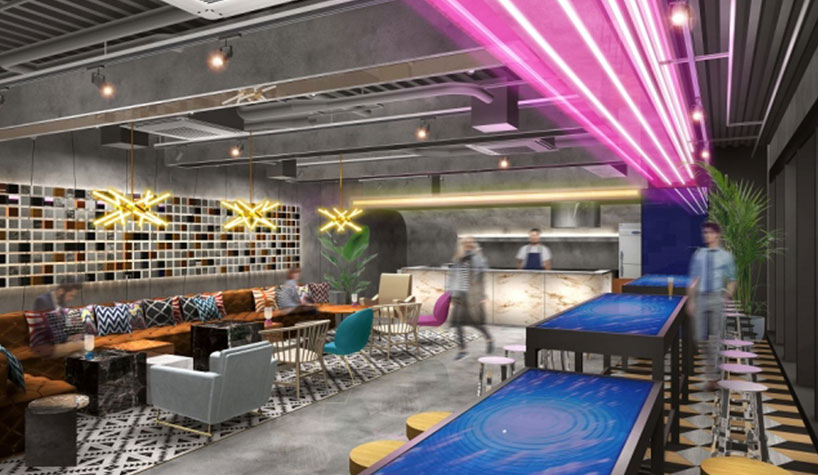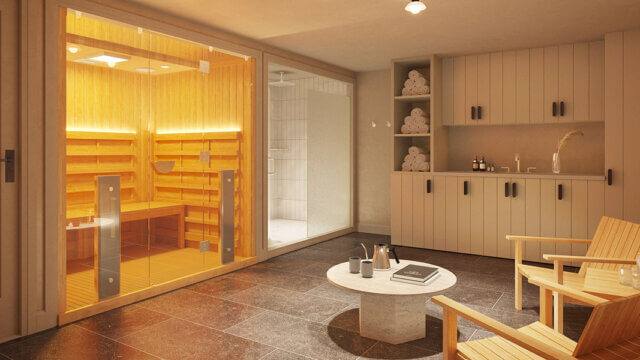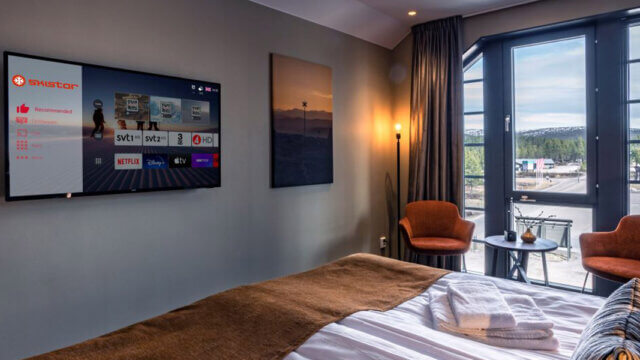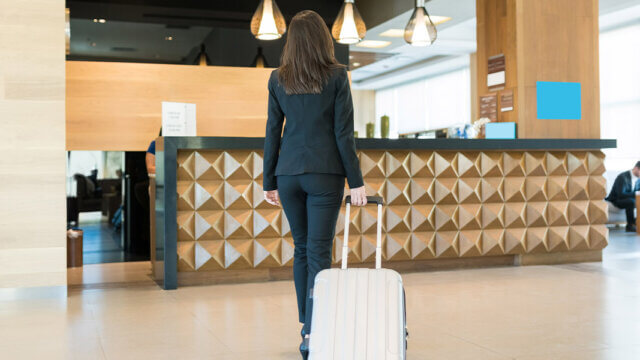INTERNATIONAL REPORT—It’s widely known that Japan is a leader in technology innovations. Many of the advancements employed in U.S. industries were birthed in the island nation. In terms of hospitality, two Japanese businesses are taking technology-forward offerings to even greater heights, but with a cultural twist.
Building on the notion of innovation is capsule hotel The Millennials, set to open on March 15 in Tokyo. It will offer a fully integrated smartphone control over all the functions of a guest’s personal unit, also known as a Smart-Pod.
“More than just a cheap place to crash for a night as you would think from a capsule hotel, we tried to push the experience to a whole new level where guests can truly have fun and enjoy their stay in their own pod via the use of technology, but at the same time, feel as comfortable as they would in any kind of premium hotel,” said Takeshi Yamasaki, founder and CEO of Global Agents, a Japanese developer. “It really is like nothing we’ve ever seen before here in Japan, and we’re incredibly excited to see it take root and branch out all over Japan. Opened in 2017, our first branch in Kyoto was an instant success with all of our guests—Japanese and foreigners—and we cannot wait to see how things will go for our second branch in the Japanese capital.”
Noticing a lack of affordable hotels in the Tokyo area, The Millennials is designed to offer guests stylish, technology-driven accommodations.
“And with this iteration, we are planning to implement even more new technology into it, such as interactive LED panels integrated into walls and tables, bringing interactions with guests to a whole new level,” he said. “We use visionary concept hotels like The Millennials to show where we may be going with these themes in the future, and to give us new inspiration and motivation.”
Technology is a luxury concept at The Millennials. It’s also a part of Global Agents’ DNA. One of the next-gen features created specifically for The Millennials is a soundless alarm system that slowly raises guests to a seated position, along with lights that gradually brighten.
“We understand that each person has their own preferences. By giving our guests full control of their own room via an app, including the position and angle of their bed, we hope to create a way where everybody can feel as comfortable as possible in their own way,” he said.
Merging traditional hospitality with technology is ProPilot Park Ryokan, a ryokan or Japanese inn, which has utilized Nissan’s autonomous driving technology for some unique, yet quirky amenities: self-parking slippers, tables and floor cushions.
“The Nissan Leaf was the first to test-drive this new technology in October 2017. The technology requires a lot of sensors and processing power. In total, four high-resolution cameras capable of real-time image processing and 12 sonar sensors assess the vehicle’s surroundings. After processing the collected information, the system can then safely park the vehicle by controlling the accelerator, brakes, steering and transmission,” said Nicholas Maxfield, spokesperson for Nissan.
At the inn, the same technology enables objects such as slippers, pillows and tables to be returned to their designated locations. The feature can be used to alleviate staff workload, surprise and delight guests, and promote the automotive brand’s technology.
“The real aim of the ProPilot Park Ryokan campaign is to reach out to people who might not ordinarily be interested in automotive technologies,” said Maxfield. “We wanted to find a fun way to demonstrate the capabilities and benefits of our autonomous driving technologies by applying them to everyday objects.”




